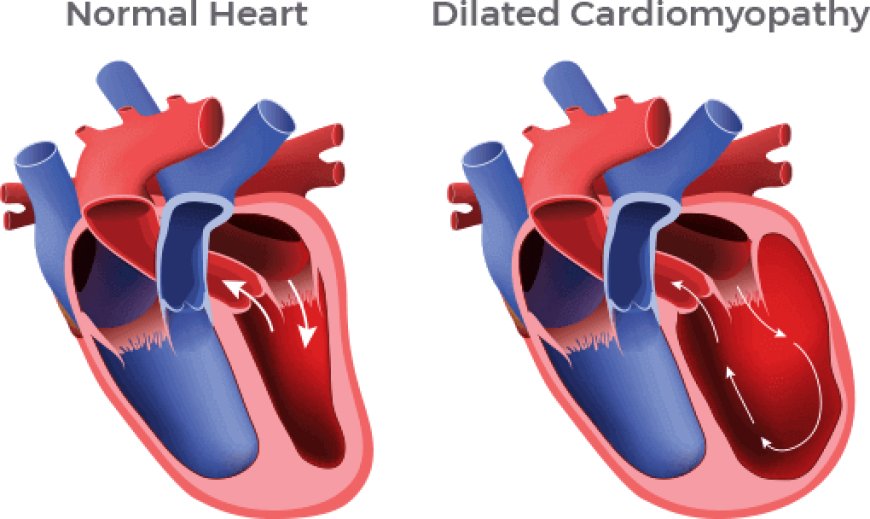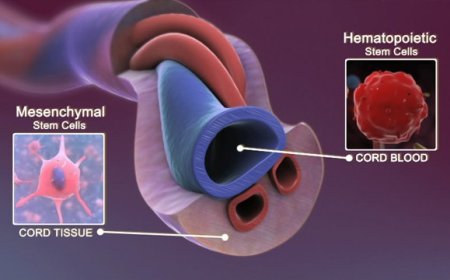Idiopathic Dilated Cardiomyopathy

Introduction:
In the vast and diverse country of India, there's a heart condition called Idiopathic Dilated Cardiomyopathy. This article aims to provide a simple explanation of what Idiopathic Dilated Cardiomyopathy is, its classification, causes, risk factors, types, diagnostic tests, treatments, and prevention techniques. All of this will be explained in a language that even a 10-year-old child can easily understand.
What Is Idiopathic Dilated Cardiomyopathy? :
Idiopathic Dilated Cardiomyopathy is a heart condition where the heart muscle becomes weak and enlarged. This can make it difficult for the heart to pump blood effectively to the rest of the body.
How Is Idiopathic Dilated Cardiomyopathy Classified? :
Idiopathic Dilated Cardiomyopathy falls under the category of heart diseases known as cardiomyopathies. Cardiomyopathies are conditions that affect the heart muscle, making it harder for the heart to work properly.
Causes and Triggers:
The exact cause of Idiopathic Dilated Cardiomyopathy is not fully understood. However, "idiopathic" means that the cause is unknown. Some possible triggers may include viral infections or genetics, but more research is needed to fully understand why it happens.
Risk Factors with Examples:
While Idiopathic Dilated Cardiomyopathy can affect people of all ages, it is more common in adults. Some people may have a higher risk if they have a family history of heart problems or certain genetic conditions.
Types of Idiopathic Dilated Cardiomyopathy with Detailing for Each Type:
Idiopathic Dilated Cardiomyopathy is usually classified based on its severity and progression. It can range from mild, where the heart is slightly weakened, to severe, where the heart's pumping function is significantly impaired.
Diagnostic Tests and Treatments:
To diagnose Idiopathic Dilated Cardiomyopathy, doctors may perform a physical examination, ask about symptoms, and conduct tests such as an electrocardiogram (ECG) and echocardiogram to evaluate the heart's function. Treatment may involve medications to strengthen the heart, manage symptoms, and lifestyle changes like a heart-healthy diet and regular exercise.
Complications of Idiopathic Dilated Cardiomyopathy Prevention Techniques:
Complications of Idiopathic Dilated Cardiomyopathy include heart failure, arrhythmias (irregular heartbeats), and blood clots. Prevention techniques involve early detection, managing risk factors like high blood pressure and diabetes, and following the doctor's advice regarding medications and lifestyle changes.
In India, it's crucial to be aware of heart conditions like Idiopathic Dilated Cardiomyopathy and take care of our hearts. By understanding the signs, seeking early diagnosis, and following the recommended treatments and prevention techniques, we can promote heart health and lead a long and healthy life. Remember, your heart is the lifeline of your body, and by taking care of it, you can stay strong and active!
What's Your Reaction?
 Like
0
Like
0
 Dislike
0
Dislike
0
 Love
0
Love
0
 Funny
0
Funny
0
 Angry
0
Angry
0
 Sad
0
Sad
0
 Wow
0
Wow
0







































































